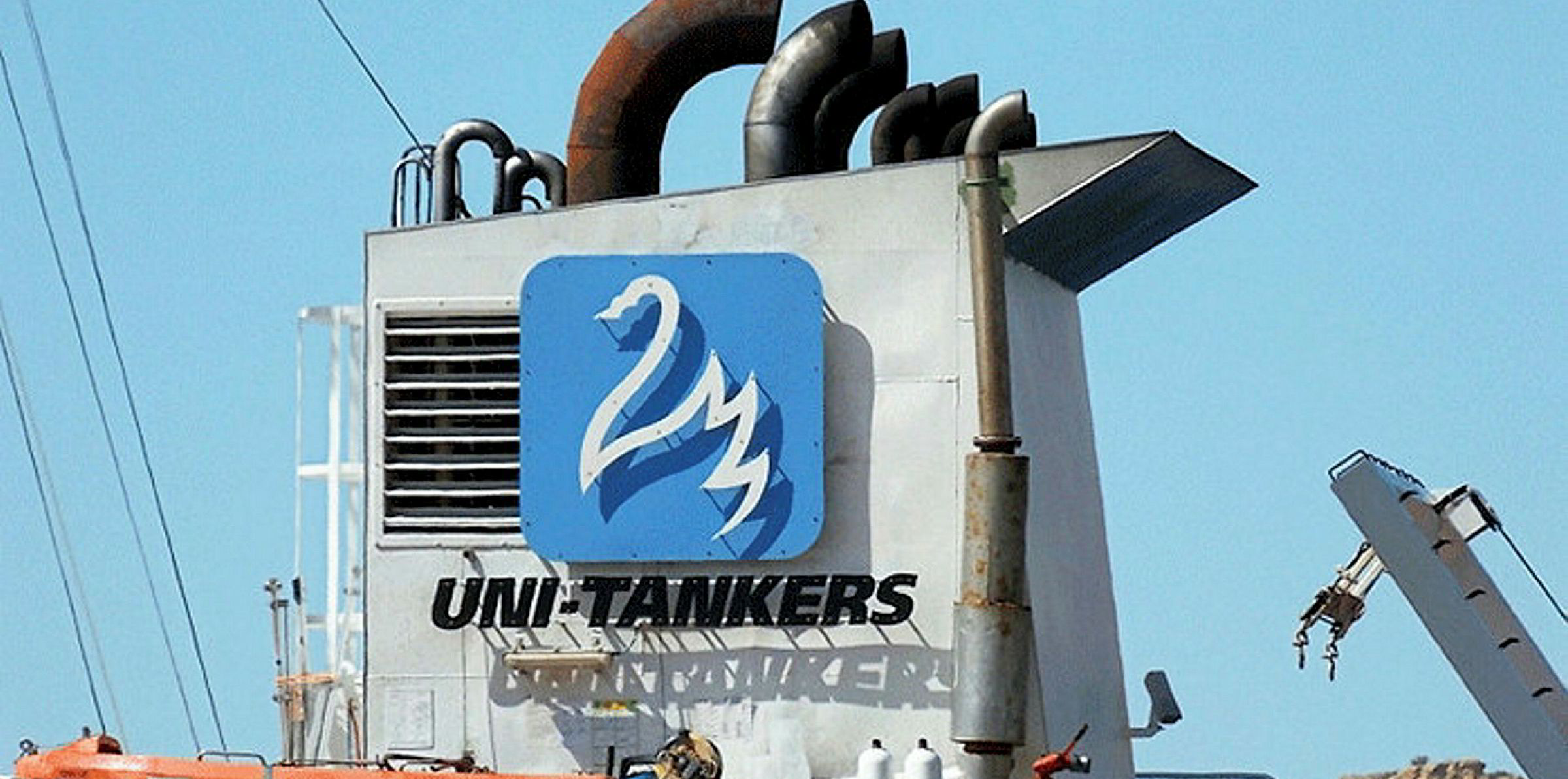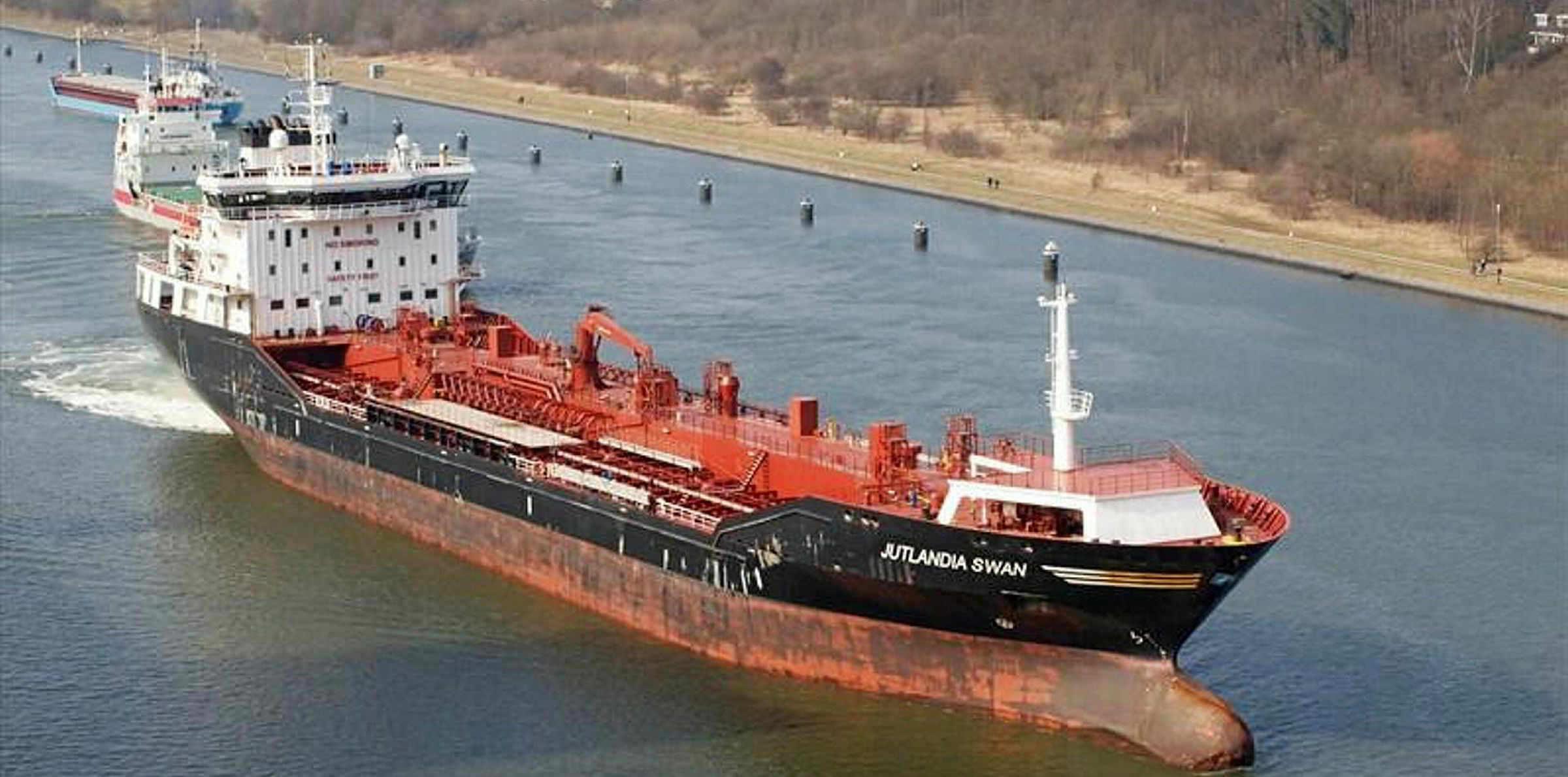Denmark's Uni-Tankers is eyeing a new future after the exit of Danske Bank as co-owner.
The tanker company is now once again solely controlled by Torben Ostergaard-Nielsen’s bunkering giant USTC Group.
It has a new CEO and financing in place as it aims to raise efficiency.
Uni-Tankers has a fleet of 42 oil and chemical tankers with a capacity of up to 25,000 dwt. Of these, 17 are owned.
It is now "busy gearing for the future and positioning itself in the best possible way in relation to the market," it said.
A review of the company’s strategy has been conducted, with CEO Torben Andersen leaving at the end of 2018, with COO/CCO Per Ekmann appointed to the top job.
And Peter Stokbro, former technical director at Navig8 Group, has joined as technical director.
Ongoing process
Ostergaard-Nielsen said: “This is, of course, an ongoing process, but the main areas of the strategy are now in place.
"This applies, among other things, to the segments where Uni-Tankers will be working in future – both in terms of products, customers, geography, ship type and size and, not least, the age of the individual ship.”
He added: “Per is a strong commercial force with a clear management style and a proven ability to execute. I’m convinced that he will be able to develop the company in accordance with the agreed plan, and at the same time exploit market opportunities.”
Uni-Tankers has now been refinanced, which has involved the injection of new capital from USTC as well as a new, long-term financing plan, with Danske Bank exiting as a co-owner.
“It means a lot to us that the ownership has once again been fully transferred to USTC," said Ekmann.
"Besides providing the best possible basis for the plans we have for the company, it also gives Uni-Tankers a stamp of approval within the industry and a high degree of stability and ballast.”
Markets must improve
The company said development of its operations needs more than just the right strategy, a lean organisation and new financing.
It is also necessary to see an improvement in the difficult market conditions of recent years, with low freight rates, fierce competition, high oil prices and an imbalance between supply and demand, it added.
Ekmann said: “Improving Uni-Tankers’ segment with small and intermediate ships has been long overdue compared to the larger ships such as MR and LR.
“However, we are now seeing the first tentative signs that the market is turning, and together with the potential offered by the future energy and environmental requirements for the industry – among other things IMO 2020 – I believe it will create the room for manoeuvre which our part of the tanker market has long been hankering for.”





